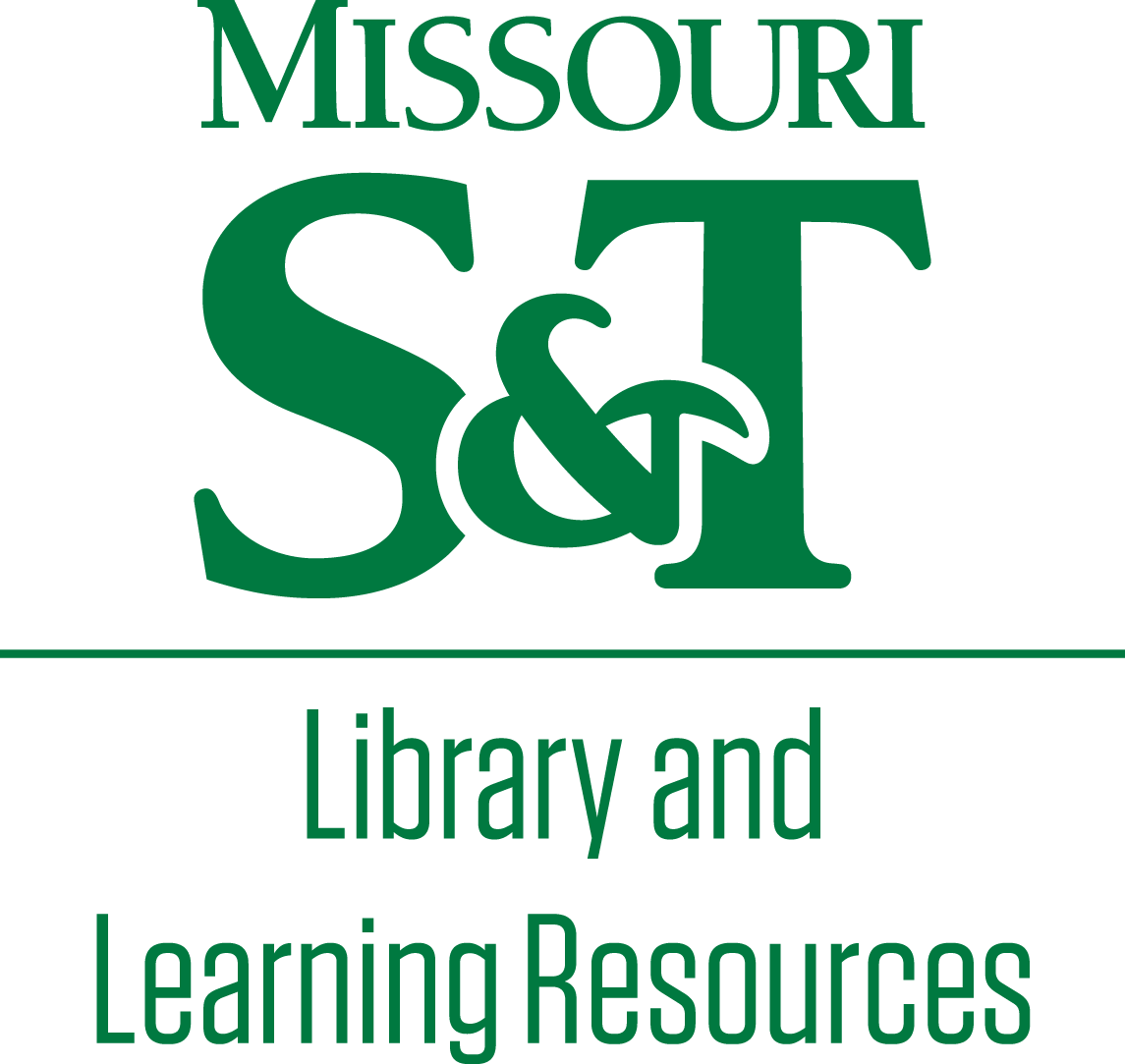Department
Physics
Major
Physics
Research Advisor
Saito, Shun
Advisor's Department
Physics
Funding Source
Missouri S&T National Merit Semifinalist Scholarship Package
Abstract
Measuring the history of cosmic expansion via the Baryon Acoustic Oscillation (BAO) scale from a three-dimensional galaxy map is a well established technique to probe the nature of dark energy. In fact, a forthcoming galaxy redshift survey, the Subaru Prime Focus Spectrograph (PFS), is designed mainly for this purpose. An essential optimization problem in such galaxy redshift surveys is the target selection. Namely, it is not clear how we should select our targets to maximize the number of galaxies which provide successful redshift measurement in a desired cosmic epoch, while avoiding other galaxies. Taking PFS as an example, we apply a modern machine learning algorithm to the target selection problem. In this project we analyze how well machine learning could optimize the PFS survey target selection compared to more conventional methods, and show that our new approach could play a crucial role in understanding dark energy.
Biography
Steven Karst is a junior at Missouri S&T majoring in Physics. Originally from Ballwin, Missouri, he is interested in AI development and astrophysics, and was introduced to the Institute For Multi-Messenger Astrophysics and Cosmology through the National Merit Semifinalist Package. He is active in several organizations around campus including the Underwater Robotics Team, the local chapter of the Society of Physics Students, STARS, ACM Arcade, ACM Game, and the MST FIRST Alumni Association, and also participates in weekly journal discussions with several cosmologists in the Midwest.
Research Category
Sciences
Presentation Type
Oral Presentation
Document Type
Presentation
Award
Sciences oral presentation, First place
Presentation Date
27 Apr 2017, 9:30 am - 9:45 am
Included in
Machine Learning Optimizes a Survey of Dark Energy
Measuring the history of cosmic expansion via the Baryon Acoustic Oscillation (BAO) scale from a three-dimensional galaxy map is a well established technique to probe the nature of dark energy. In fact, a forthcoming galaxy redshift survey, the Subaru Prime Focus Spectrograph (PFS), is designed mainly for this purpose. An essential optimization problem in such galaxy redshift surveys is the target selection. Namely, it is not clear how we should select our targets to maximize the number of galaxies which provide successful redshift measurement in a desired cosmic epoch, while avoiding other galaxies. Taking PFS as an example, we apply a modern machine learning algorithm to the target selection problem. In this project we analyze how well machine learning could optimize the PFS survey target selection compared to more conventional methods, and show that our new approach could play a crucial role in understanding dark energy.


